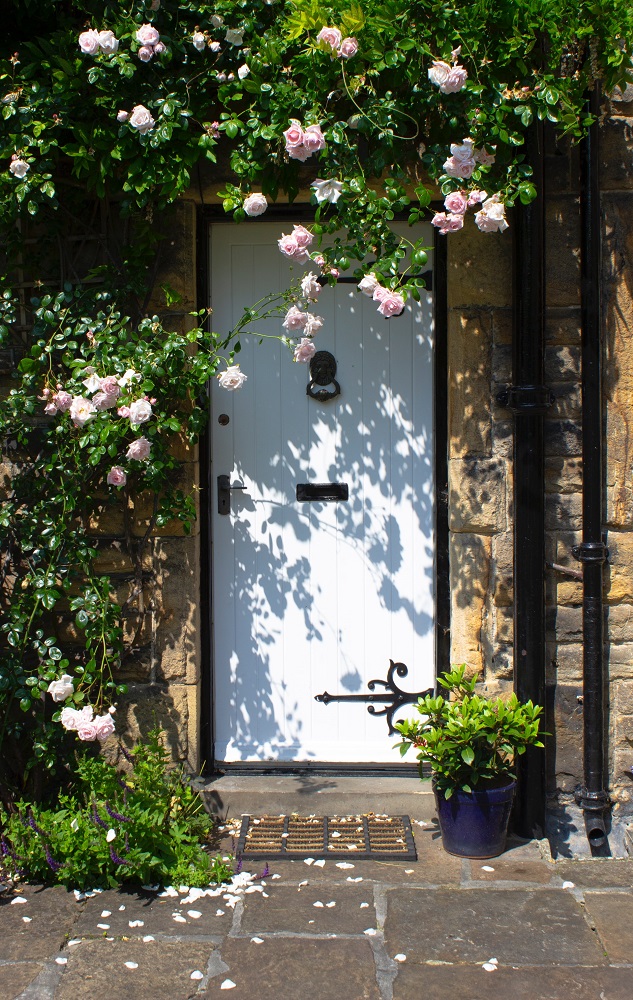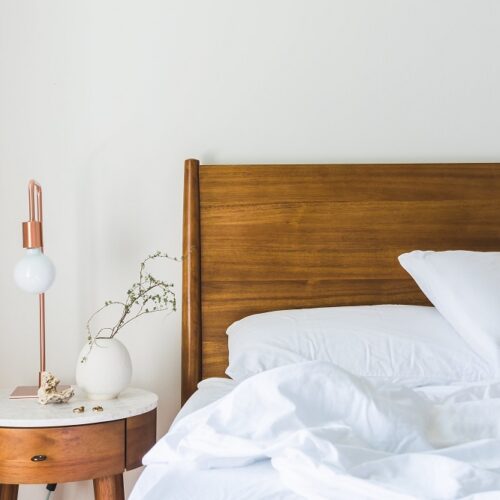Attracted to the idea of a little stone cottage in the country with roses above the door? Many people are, and for some living the rural life can be paradise. However, it is also vital to understand that there are some important issues to consider before you up sticks and move to a rural area. Keep reading to find out what they are.

Does it need any renovation work?
The very first thing you need to consider when buying a rural property like a country cottage is whether it needs any renovation work. After all, few historical buildings are sold in mint condition, and bringing it up to your standards can be an expensive task on top of the purchase price.
Of course, another factor that plays into this is whether the building you are buying is a heritage property. The UK has two main listings, grade 2 and grade 3. Both of which require certain prerequisites to be fulfilled when any work is done.
For example, for some properties features like windows and doors have to be replaced like for like. This means that even if you wish to swap out old rotting doors and windows you will have to get replacement ones that are sensitive to the original style and era that the building was constructed. In some cases, it also means making any changes to the layout of the building needs to be vetted by National Heritage beforehand.
How will you heat your home?
Another consideration you need to make when it comes to buying a rural home is how you will heat it. This is because not all homes in the countryside are on the mains gas pipeline, so this means using gas central heating isn’t possible.
The good news is that it’s no longer very difficult to get a new oil boiler installed on your property. Thus allowing you to heat your home throughout the winter with one or two oil deliveries.
What will you do about pests?
While urban and suburban areas have pests, the sheer volume of uninvited house guests can feel a little overwhelming when it comes to living in the country. In particular pests like mice and other rodents, as well as spiders and other insects can become problematic, especially at certain times of the year when they breed or bed down for the winter.
Of course, the best approach here is to do everything in your power to prevent an infestation. This usually means clearing any debris from inside and outside of your home as you move in, as well as taking additional precautions such as storing wood for your fire away from the walls of your house.
How will you get to and from your home?
Finally, before moving to a rural location it is critical that you consider how you will get to and from your home. This is because most people living in the country rely heavily on their cars to get around and do day-to-day chores like shopping.
However, this does mean that you will need to invest in a reliable car, and if possible that has 4 wheel drive. After all, navigating country lanes in the ice and snow can be tricky.
Featured post
© Copyright 2021 Antonia, All rights Reserved. Written For: Tidylife


Leave a Reply